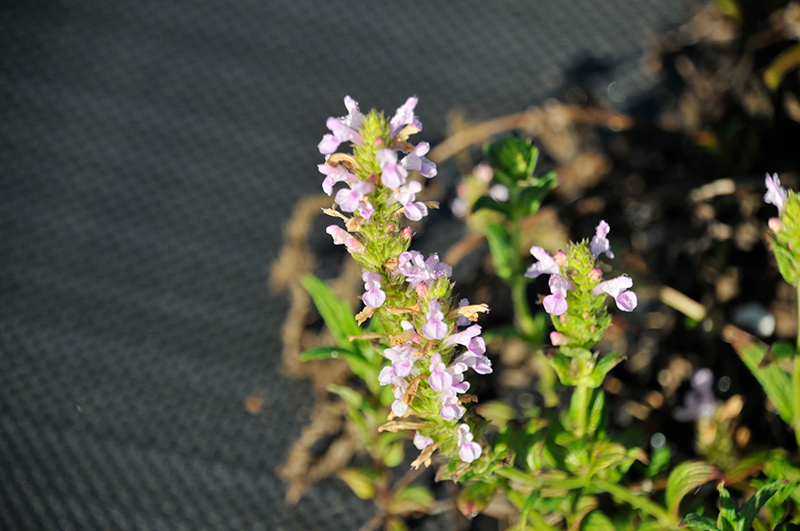Height: 12 inches
Spacing: 10 inches
Sunlight:
![]()
![]()
Hardiness Zone: 3b
Description:
Dense spikes of soft pink flowers from early to late summer on erect, unbranched stems; it will bloom in waves all summer; a fast-growing, bushy compact variety excellent for containers, groundcover, and rock gardens
Ornamental Features
Pink Cat Catmint has masses of beautiful spikes of lightly-scented shell pink flowers rising above the foliage from early to late summer, which are most effective when planted in groupings. Its attractive small fragrant pointy leaves remain lime green in color throughout the season.
Landscape Attributes
Pink Cat Catmint is a dense herbaceous perennial with a mounded form. Its relatively fine texture sets it apart from other garden plants with less refined foliage.
This plant will require occasional maintenance and upkeep, and is best cleaned up in early spring before it resumes active growth for the season. It is a good choice for attracting bees and butterflies to your yard, but is not particularly attractive to deer who tend to leave it alone in favor of tastier treats. Gardeners should be aware of the following characteristic(s) that may warrant special consideration;
- Spreading
Pink Cat Catmint is recommended for the following landscape applications;
- Mass Planting
- Border Edging
- General Garden Use
- Groundcover
- Herb Gardens
Planting & Growing
Pink Cat Catmint will grow to be about 10 inches tall at maturity, with a spread of 12 inches. When grown in masses or used as a bedding plant, individual plants should be spaced approximately 10 inches apart. Its foliage tends to remain low and dense right to the ground. It grows at a fast rate, and under ideal conditions can be expected to live for approximately 10 years. As an herbaceous perennial, this plant will usually die back to the crown each winter, and will regrow from the base each spring. Be careful not to disturb the crown in late winter when it may not be readily seen!
This plant does best in full sun to partial shade. It is very adaptable to both dry and moist growing conditions, but will not tolerate any standing water. It is not particular as to soil type or pH. It is highly tolerant of urban pollution and will even thrive in inner city environments. This is a selected variety of a species not originally from North America. It can be propagated by division; however, as a cultivated variety, be aware that it may be subject to certain restrictions or prohibitions on propagation.
